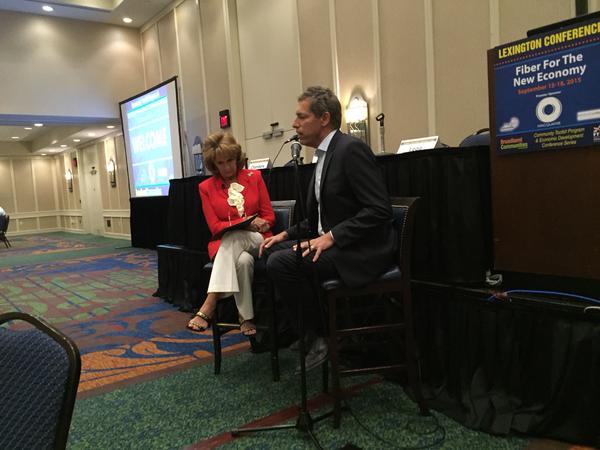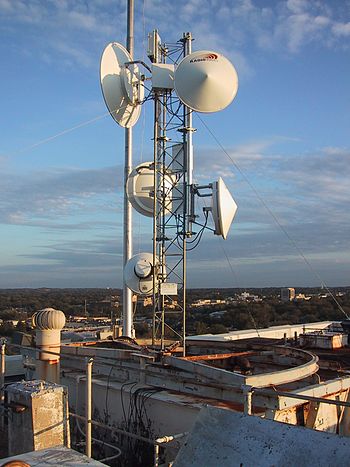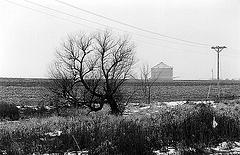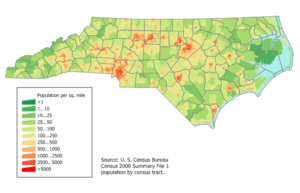Drew Clark, Publisher, BroadbandBreakfast.com
LEXINGTON, Kentucky, September 16, 2015 – Fiber-optics is now the default mode for deploying high-speed internet throughout the country, even including rural areas, said the head of the Federal Communications Commission‘s office of strategic planning.
Everywhere the country has been able to get an electric line, it ought to be able to get a fiber cable, said Jonathan Chambers, chief of the office, widely regarded as the FCC think tank for technological advancement. Continue reading









 “American Tower is glad to join RCA, and we support their mission — advocacy for rural and regional wireless carriers,” said American Tower’s Steven Marshall, Executive Vice President and President, U.S. Tower Division through a statement.
“American Tower is glad to join RCA, and we support their mission — advocacy for rural and regional wireless carriers,” said American Tower’s Steven Marshall, Executive Vice President and President, U.S. Tower Division through a statement.